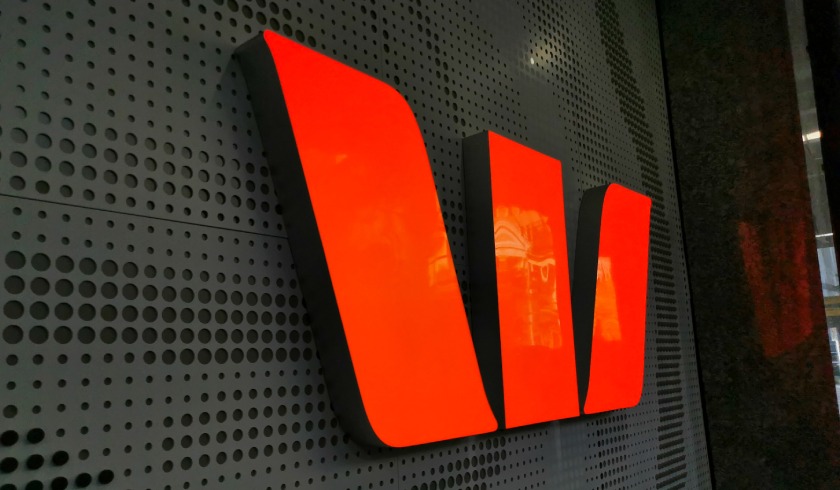Major bank says inflationary pressures on the way up

Westpac economists have matched NAB’s previous forecast, placing core inflation at a whopping 1.2 per cent for the March quarter and 3.4 per cent over the year.
If Westpac’s forecast is realised, the quarterly rise in core inflation will be the largest since the mining boom of 2008 as a direct result of broad spread price pressures. Meanwhile, the six-month annualised rate of core inflation is expected to accelerate from 3.5 per cent to 4.4 per cent.
In its latest bulletin, the big four bank said inflationary pressures continue to build due to ongoing supply disruptions, rising commodity and energy prices, and robust domestic demand.
As such, Westpac expects a 2 per cent rise in the March quarter CPI, taking the annual pace to 4.9 per cent.
Housing costs are predicted to make the largest contribution of 0.67 percentage points (ppt) on the back of a 2.9 per cent quarterly lift in the three months to March.
Next is transport with a 0.38 ppt contribution from auto fuel and 0.06 ppt from motor vehicles as a result of the war in Ukraine. Westpac noted that the recent temporary halving of the fuel excise was not applied until 1 April, meaning it will not impact CPI until the June quarter.
Food is not far behind with a 0.35 ppt contribution as supply and distributions continue to pile on complexities alongside a significant shortage of casual labour.
Broken down by category, Westpac is forecasting a 1.7 per cent rise in bread and cereal products, a 6.6 per cent rise in fruit and vegetable prices, a 1.7 per cent rise in meat and seafood prices, and a 5.6 per cent rise in dairy prices.
Rents, too, are expected to experience a quarterly boost of 0.7 per cent nationally, with Sydney and Melbourne tipped to lead the pack. The big four bank explained that the steady growth in market rents had followed COVID-19-related government support and grants for renters.
Similarly, Westpac foresees a 5.4 per cent in dwelling purchase prices, noting that prices are catching up following a lull instigated by HomeBuilder and other state-based housing grants.
According to the bank, grants have held the effective price of dwellings 3 per cent below the list price, with the gap expected to close in the March quarter.
Looking forward, Westpac’s expectations are that the annual pace of core inflation is likely to peak at around 4 per cent in the second half of 2022, the fastest annual pace since early 2009.

